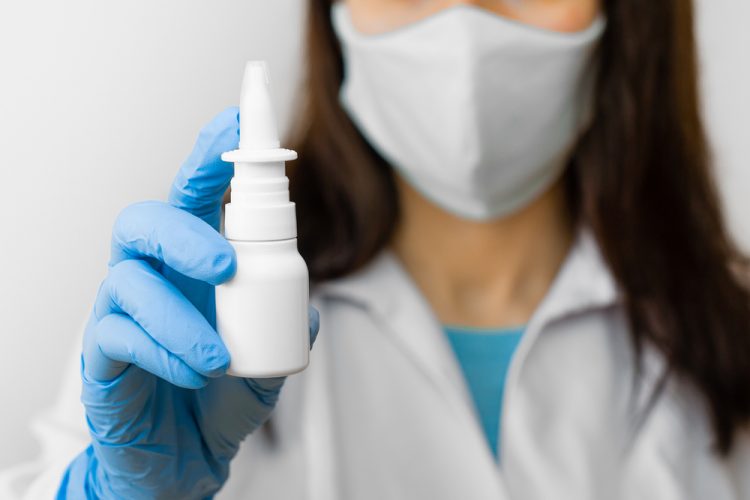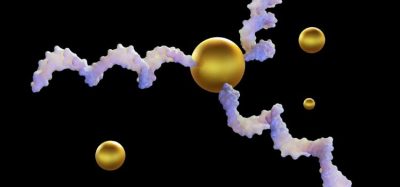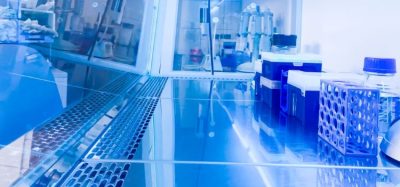Nasal spray shown to be effective in reducing COVID-19 transmission
Posted: 5 May 2021 | Hannah Balfour (European Pharmaceutical Review) | 2 comments
The algae-derived NasitrolTM nasal spray reduced the incidence of COVID-19 in intensive care unit (ICU) workers to one percent in a clinical trial.


According to Amcyte Pharma, its NasitrolTM nasal spray was shown to be effective in reducing COVID-19 infections among intensive care unit (ICU) staff in an independent clinical trial.
Nasitrol is a patented nasal spray based on iota carrageenan, a sulfate polysaccharide synthesised by red algae, with demonstrated antiviral activity and clinical efficacy as a nasal spray in the treatment of the common cold. A previous study at the US’s University of Tennessee Health Science Center found that the formulation inhibits infection by SARS-CoV-2, the virus that causes COVID-19, in vitro.
In the new study (NCT04590365), conducted at eight hospital ICUs in 394 clinically healthy physicians, nurses and other medical professionals who provided care to COVID-19 patients and who had not yet been vaccinated against the disease. The participants were randomly assigned to receive four daily doses of Nasitrol spray or placebo for 21 days. The primary end point was clinical COVID-19 infection, as confirmed by reverse-transcriptase-polymerase-chain-reaction (RT_PCR) testing, over 21 days.
The incidence of COVID-19 infection was significantly lower in the Nasitrol group compared with placebo, one percent versus five percent, respectively.
The study was led by Dr Juan Figueroa of The Cesar Milstein Research Institute in Argentina and Dr Mónica Lombardo of the CEMIC University Hospital in Buenos Aires, and sponsored by the Ministry of Science, Technology and Innovation of Argentina.
“This rigorous, placebo-controlled study provides evidence that the simple intervention of a nasal spray with iota-carrageenan, in addition to hand hygiene, use of personal protective equipment and social distancing, could provide additional protection against transmission,” stated Dr Gustavo Mahler, Chief Executive Officer of Amcyte Pharma. “We look forward to partnering and commercialising Nasitrol in the US so that healthcare professionals, caregivers for COVID patients and other individuals who are at risk can benefit.”
Nasitrol mechanism of action
The nasal cavity and the rhinopharynx are key sites of the initial replication of SARS-CoV-2. Its active substance, iota-carrageenan, is thought to exert anti-viral activity through its interaction with the viral surface, preventing viral entry and capturing viral particles released by infected cells. The spray is formulated to reduce the viral load in upper respiratory airways, preventing viruses from proliferating and spreading into the lungs.
Related topics
Clinical Trials, Drug Delivery Systems, Drug Development, Drug Safety, Drug Targets, Research & Development (R&D), Therapeutics, Viruses
Related organisations
Amcyte Pharma, CEMIC University Hospital in Buenos Aires, The Cesar Milstein Research Institute










The title of your paper is wrong or I do not understand. Is COVID-19 being transmitted or the SARS COV-2 virus? I thought that the first one is the sickness the 2nd one is causing? Can the sickness also be transmitted?
Hi Leopoldo,
You are right, the SARS-CoV-2 virus is what is transmitted and thus causes the COVID-19 disease. It is also correct to say COVID-19 transmission – as in COVID-19 transmission rate, which refers to the spread of the disease. I’ll bear in mind for the next article to use ‘spread of COVID-19’ instead.